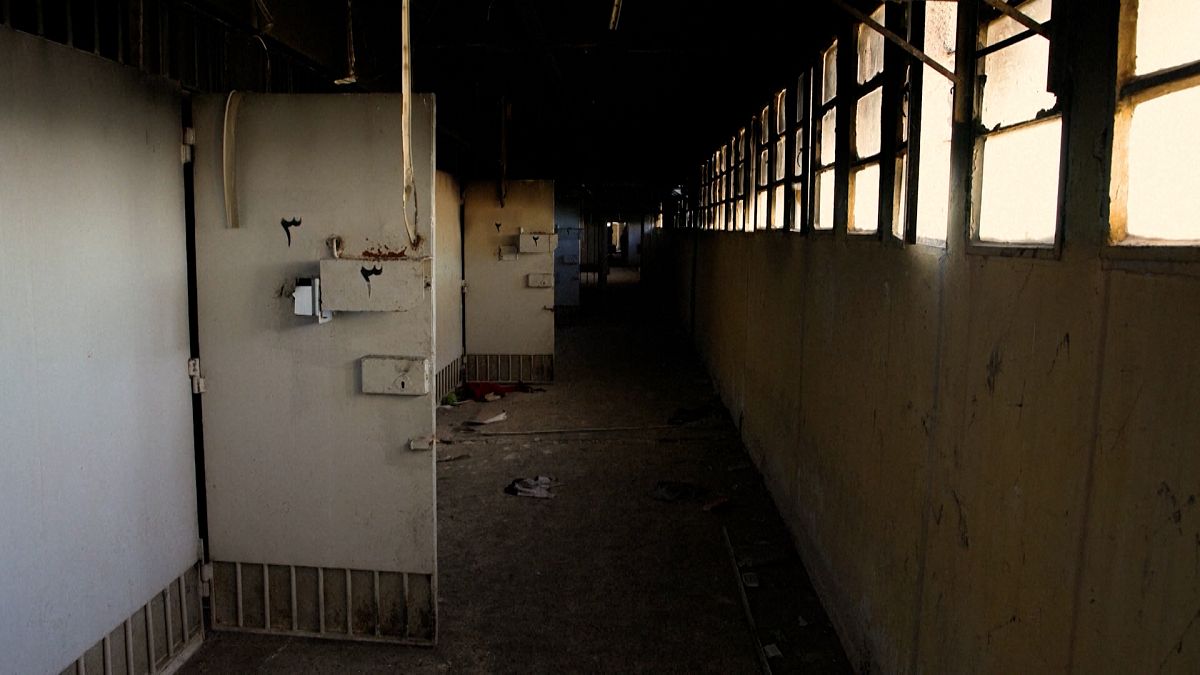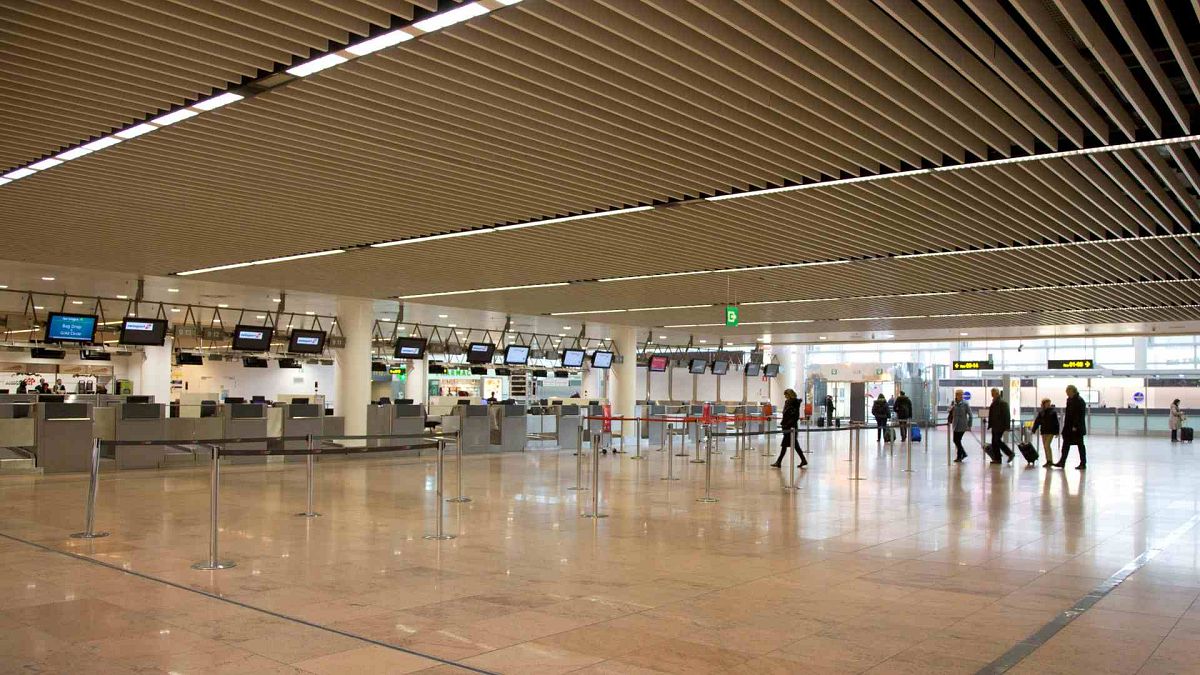Travel agents have welcomed high demand in the first weeks of the year, but is January really the best time to book your 2025 travel?
As Europe shivers in the cold, its residents are dreaming of sunny getaways and foreign adventures. Not only dreaming but booking their 2025 breaks in record numbers, according to the travel industry.
January is often a busy month for travel bookings as holiday companies tout tempting deals to rival the high street’s New Year offers. But there’s one particular day that traditionally sees a flurry of bookings, and this year it was last Saturday.
Dubbed ‘Sunshine Saturday’ by British travel agents, the first Saturday after the first full week in January typically sees more bookings than any other day this month.
2025 has been no exception, with multiple travel companies logging record sales last weekend. Does that mean all the deals are already gone, or is there a better time to book your 2025 travel?
Record sales across multiple travel companies
Tour operator Hays Travel broke records on both Saturday and Sunday, with more than a third of bookings made by customers new to the company.
“People continue to prioritise their annual holiday and we are seeing a small upturn in average spend,” says Jonathon Woodall-Johnston, Hays Chief Operating Officer.
British self-catering provider Hoseasons had a booming weekend too, with lodge and park bookings up 19 per cent on Sunday 12 January. The only day with more sales in its history was the day the UK relaxed its COVID lockdown restrictions in 2021.
Its sister brand, cottages.com, also had a record day on Sunday. Bookings for spring breaks were up 25 per cent year-on-year, the company says, noting a high demand for properties with hot tubs.
Adventure travel is in demand too, with Dnata Travel Group’s adventure brand Incredible Journeys recording its best-ever day for calls and bookings.
Incredible Journeys said that, on Monday 13 January, they took 37 per cent more calls than the same day last year. Japan, up 80 per cent, was the fastest-growing destination booked, alongside Kenya and Sri Lanka.
In fact, across the Dnata Travel Group, which also includes Gold Medal, Pure Luxury and Cruise Plus, all the brands had a record-breaking start to the year.
“Our brands have seen a strong start to peaks,” said Simon Applebaum, Managing Director of Dnata Travel Group. “Our web sales are +40 per cent year on year which is really promising to see.”
Should you book your 2025 travel early?
UK travel company Barrhead Travel reported that, even in the first week of January, bookings had overtaken the demand they saw in 2024. Sales are mostly for summer 2025, although December is also selling well.
“January remains one of the best times to book a holiday as it’s the time of year where most operators, airlines and cruise lines offer significant savings and added value,” notes Jacqueline Dobson, President of Barrhead Travel.
“With demand for travel at an all-time high, booking early also means that you’re more likely to get your first choice of accommodation.”
Consumer company Which? stresses the importance of booking early too. Research published last year showed that a week-long holiday in Portugal would save around €200 when booked eight months in advance compared with two weeks out.
Holidays to Italy in the peak August weeks could be €165 per person cheaper eight months out, and Croatia attracted a €115 saving under the same rule.
When is the best time to book 2025 travel?
Package holiday seekers could benefit from this eight-month rule when booking for summer 2025.
Which? considered the price of some 24,000 package holidays, noting that “it’s no surprise that the biggest average savings, of the eight months we tracked prices for, were for bookings made in December or January.”
But there was an anomaly in the data, and it related to some of the most popular destinations in Europe. For the Balearic Islands, Canary Islands, mainland Spain and Turkey, a second booking window in May was shown to be even cheaper than early-year booking.
In Bulgaria and Cyprus, booking just weeks before departure was where the cheapest price point lay. Which? Explained this saying it was “probably because tour operators had overestimated the demand for these destinations.”
When it comes to unpackaged holidays, booking site Kayak has some advice on when to book, and when to stay.
For a city break, starting a hotel stay on a Sunday can be lucrative. The travel site’s data shows a 7 per cent saving over other days of the week. Fridays should be avoided, with average prices coming in 8 per cent higher.
Resort hotels and leisure stays benefit from midweek arrivals, with prices for a Tuesday up to 4 per cent cheaper than the average. Thursday is the most popular day to check in, commanding a 2 per cent price uptick as a result.
Flexibility pays, and leaving it until the last minute can unlock significant savings.
“Hotel pricing doesn’t favour planners,” says Kayak. “One reason is that hotels typically have a 24- to 48-hour cancellation window. When travellers cancel close to their date, the hotel would rather put heads in beds than leave the room empty.
Booking platform VRBO assessed booking trends in the holiday home market. It recommends booking in February, noting “By April, over 70 per cent of summer stays will be booked.”
It also recommended opting for a ‘shoulder season’ stay – the periods just outside the high season, where good weather can still be had but at a fraction of the cost. Longer stays can also attract a 10 per cent discount, says VRBO.
The site evaluated that, for the Easter holidays, the best time to book is 20 January, with bookings made no later than 3 March.
For summer holidays, booking on the 17 February is recommended, with bookings made no later than 28 April.
When to travel to avoid the crowds
Analysis by aviation intelligence company OAG found that, over the past 15 years, all the busiest air travel days have fallen between 20 July and mid-August (apart from the pandemic years).
In particular, peaks in air travel demand were seen on the second Friday in August, with the first Friday in August also a busy day.
Flying on a Friday in early August isn’t guaranteed to be busy, but travellers are more likely to encounter long queues at airports, and the risk of delays and cancellations runs higher.
Read the full article here
















